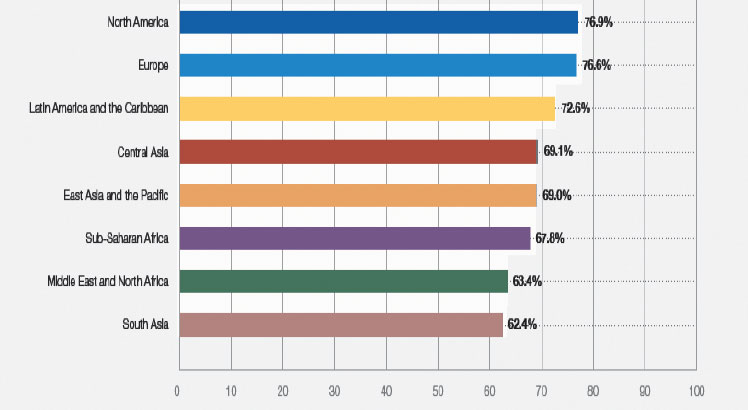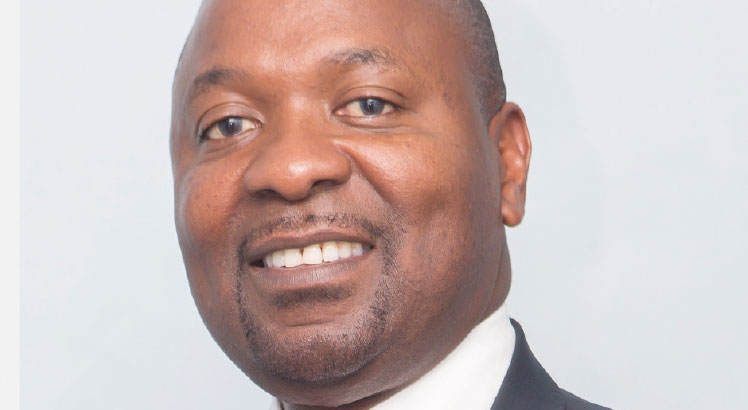Women’s economic participation in Malawi has improved over the past year with data showing that the country has moved 16 places up the ladder, according to the World Economic Forum (WEF) report.
The WEF 2022 Global Gender Gap Report indicates that Malawi now ranks on position 88 from 104 in 2021 out of 146 economies.
This means that opportunities for Malawian women to earn income slightly improved during the year under review.
On the other hand, the gender gap also narrowed this year, moving nine places to 103 from 112 in 2021 out of 146 economies on the 2022 WEF Global Gender Gap Index.
The Global Gender Gap Report benchmarks 146 countries on their progress towards gender parity across four thematic dimensions, namely economic participation and opportunity, education attainment, health and survival and political empowerment.
Reads the report in part: “Twelve countries have reversed their gender gaps by more than one percentage point while 46 countries saw a marginal decline by less than one percentage point.
“Some countries have improved by closing their gender gap such as Algeria, Malawi and Benin.”
In a statement accompanying the report, WEF managing director Saadia Zahidi observed that gender-sensitive recovery strategies will be critical to keep the momentum and guard gains recorded.
“While more women have been moving into paid work over the last decades and increasingly into leadership positions in industry, there have been continued headwinds which need to be addressed.
“The increasing representation of women in leadership in a number of industries, engagement in tertiary education overall and rebound in professional and technical roles are encouraging and may provide a basis for future efforts,” said Zahidi.
Such an improvement in the gender gap, according to analysts, could mean overall improved income earnings, thereby fostering the country’s development.
Speaking in an interview on Tuesday, Malawi University of Business and Applied Sciences associate professor of economics Betchani Tchereni observed that by closing the gender gap, the country can achieve meaningful development.
Meanwhile, recent reports from United Nations Development Programme and United Nations Environment Programme also estimated the gender gap in Malawi in the productivity output of women in the agriculture sector to be at $110 million (about K80.3 billion).
In 2015, the United Nations (UN) Women estimated that Malawi loses around K60 billion each year due to widening gender gap in the agriculture sector.
But by closing the gender gap, the country could increase its crop production by over 7.3 percent, thereby increasing agriculture gross domestic product (GDP) by $90 million (about K93 billion) , UN data shows.
In its July 2021 Gender Equality, Social Inclusion and Resilience in Malawi Discussion Paper authored by Emma Lovell and developed as part of the Building Resilience and Adapting to Climate Change Programme, Overseas Development Institute said closing the gender gap, estimated at 28 percent, would increase the country’s GDP by $100 million (about K103 billion) and its agriculture GDP by $90 million.
Reads the paper in part: “While women and men may work together to grow crops, once the fruits of their labour is sold, women tend to have minimal influence over the resulting cash, which may dissuade them from engaging in the production of cash crops as women may not believe that they will see any benefit from their efforts.
“Nevertheless, promoting climate smart agriculture programmes, which target women and help to close the gender gap in agricultural productivity.”
A recent Gender Equality and Social Inclusion from the Promoting Sustainable Partnerships for Empowered Resilience Programme in Malawi analysis shows that women constitutes 70 percent of the agricultural labour force and produce 80 percent of the agricultural produce.
The post Economic gender gap narrows, says report appeared first on The Nation Online.
 Moni Malawi
Moni Malawi 

